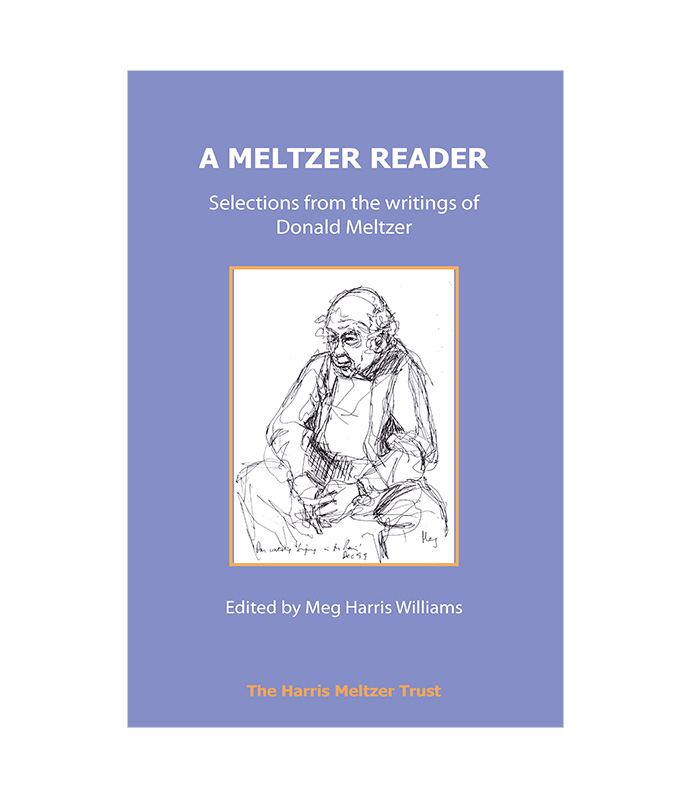About the contributors
Foreword by Meg Harris Williams
1. Psychoanalysis as a human activity
introduced by Kenneth Sanders
2. Dream Life: the generative theatre of meaning
introduced by Miriam Botbol
3.Temperature and distance
introduced by Neil Maizels
4. A psychoanalytical model of the child-in-thefamily-in-the-community
introduced by Martina Campart
5. Money-Kyrle’s concept of misconception
introduced by Lars Thorgaard and Jon Morgan Stokkeland
6. The delusion of clarity of insight
introduced by Tomas Plänkers
7. Tyranny
introduced by Irene Freeden
8. Dimensionality, adhesive identification, splitting
introduced by Renata Li Causi
9. The impact of Bion’s ideas
introduced by Meg Harris Williams
10. Aesthetic conflict
introduced by Lennart Ramberg
11. On Bion’s Grid—later thoughts
introduced by Robert Oelsner
12. Sign, symbol and allegory
introduced by Grete Tangen Andersen, Morten Andersen, Trond Holm, Jon Morgan Stokkeland, Lilian Stokkeland, Eirik Tjessem
13. Some personal statements
On his analysis with Melanie Klein; Invention and discovery; The thinking breast; Religion and psychoanalysis; The principles of child psychotherapy training; The nature of supervision; Countertransference and “showing it”; Observation and counterdreaming; Good luck
Meltzer’s books and concepts
References
Index




James Grotstein, psychoanalyst, Los Angeles; author, ‘A Beam of Intense Darkness: Wilfred Bion’s Legacy to Psychoanalysis’ –
‘Donald Meltzer was one of the most original, innovative and inspired post-Kleinian psychoanalysts. His thinking, theorizing, writings, supervision and teaching inspired whole generations of child psychotherapists and others at the Tavistock Clinic and elsewhere all over the world over many years. This sample of his writings will contribute to keeping his ideas alive and ensure his massive contribution to child and adult psychoanalysis will continue to inspire future generations of psychotherapists and analysts.
‘Donald Meltzer was one of the few genuinely original minds within the psychoanalytic community. His approach can inspire trainees, while his theoretical insights continue to enrich the most experienced practitioners. For those yet unacquainted with his work, this Reader provides an ideal introduction. It also shows why Meltzer’s contributions offer such fertile connections with allied fields, such as education, religion and art.’
Christopher Mackenna, former director of St Marylebone Healing and Counselling Centre –
‘Donald Meltzer was one of the few genuinely original minds within the psychoanalytic community. His approach can inspire trainees, while his theoretical insights continue to enrich the most experienced practitioners. For those yet unacquainted with his work, this Reader provides an ideal introduction. It also shows why Meltzer’s contributions offer such fertile connections with allied fields, such as education, religion and art.’
Ricky Emanuel, consultant child, adolescent and adult psychotherapist, Royal Free Hospital, London –
‘Donald Meltzer was one of the most original, innovative and inspired post-Kleinian psychoanalysts. His thinking, theorizing, writings, supervision and teaching inspired whole generations of child psychotherapists and others at the Tavistock Clinic and elsewhere all over the world for many years. This sample of his writings will contribute to keeping his ideas alive and ensure his massive contribution to child and adult psychoanalysis will continue to inspire future generations of psychotherapists and analysts.’